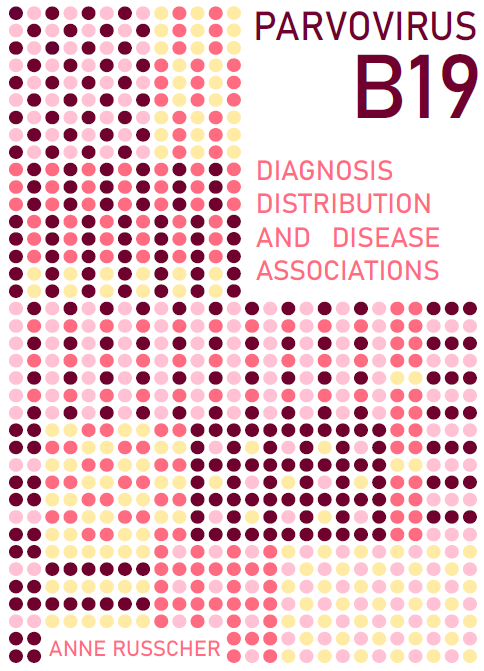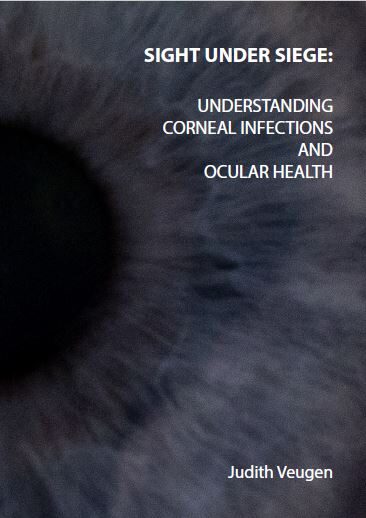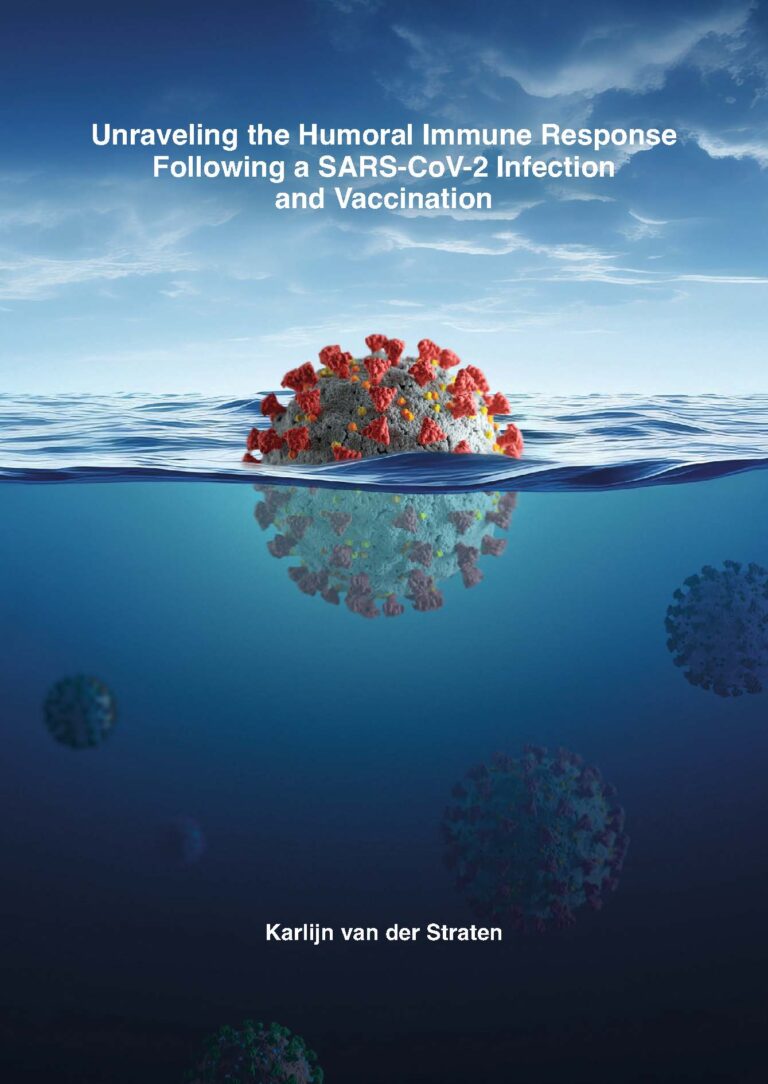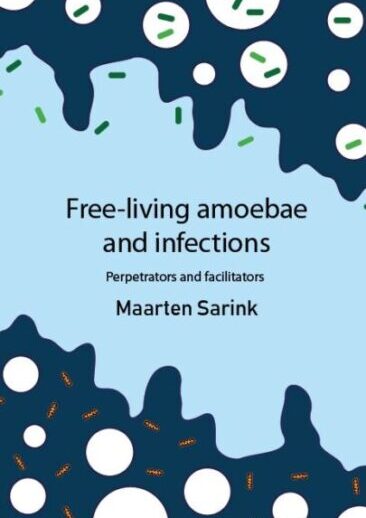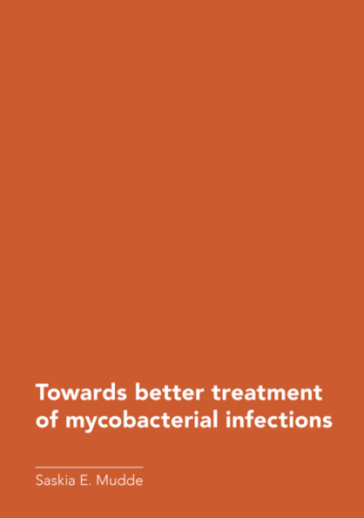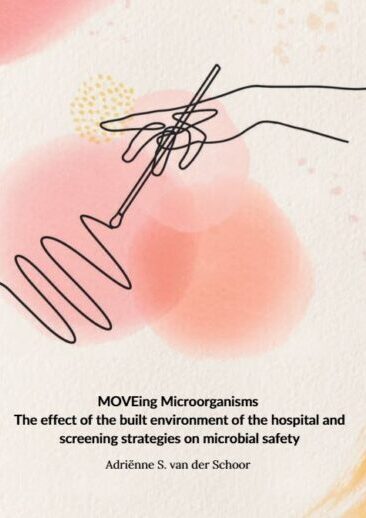See below for details about the Kiem Award, Westerdijk Award and Van Leeuwenhoek Award. Under this information, you will find an overview of the award winners since 2016. Only members of the KNVM and/or NVMM are eligible for these awards.
The deadline for applications in 2025 is December 19th 2025
Please send your application for one of the prices to secretariaat@nvmm.nl. See here for the required documents your application must contain. It is also possible to submit an application for the PhD Thesis Fund / Dissertation Fund (Proefschriftenfonds) by here.
Kiem Award
The KNVM/NVMM science committee makes the Kiem Awards available for the best first publications written by young microbiologists, whom are society members, are employed at a Dutch university or research institute, and are at the start of their microbiology career. Submissions are evaluated based on the quality of the candidate’s first publication, on condition that it has been published less than a year ago, in a peer-reviewed academic journal and that the candidate is the (shared) first author. The prizes, which were first awarded in 2000, are named Kiem, which is Dutch for ‘germ’ (germination). Every year during the KNVM/NVMM Scientific Spring Meeting up to three prizes are awarded, one each in the categories “general microbiology”, “medical microbiology”, or “environmental microbiology”. The jury consists of members of the KNVM/NVMM science committee.
Westerdijk Award (proefschrift prijs)
The KNVM/NVMM science committee awards up to three prizes for the best PhD-thesis, one each in the categories “general microbiology”, “medical microbiology”, or “environmental microbiology”. Candidates, who are active society members as for example indicated by membership and previous attendance of the Scientific Spring Meeting, should submit their PhD-thesis conducted at a Dutch university, on condition that it was defended less than a year before the deadline of this call. The prizes, which were first awarded in 2009, are named after Johanna Westerdijk. She was the first female professor in the Netherlands at the University of Utrecht in 1917. She was director of the phytopathology laboratory Willie Commelin Scholten and showed that elm disease (generally known as Dutch elm disease) was caused by the fungus Ceratocystis ulmi. The prizes are awarded annually during the KNVM/NVMM Scientific Spring Meeting. The jury consists of members of the KNVM/NVMM science committee.
Van Leeuwenhoek Award (postdoc prijs)
The KNVM/NVMM science committee offers the Van Leeuwenhoek Awards to young post-docs in microbiology (<5 years after obtaining a PhD degree) for the best publication as first, last and/or corresponding author published in the past year with that author listed as being a member of a Dutch university or research institute. The postdoc must be an active member of the KNVM/NVMM as evidenced by for example membership or previous presentations at KNVM/NVMM meetings. The Van Leeuwenhoek Awards were established to commemorate Antonie van Leeuwenhoek, known for his pioneering work in microscopy, who was the first to observe microorganisms and therefore became the ‘father of microbiology’. The prizes are annually awarded at the KNVM/NVMM Scientific Spring Meeting. The Jury consists of members of the KNVM/NVMM science committee. The prize is awarded in the three categories “general microbiology”, “medical microbiology”, or “environmental microbiology”.
